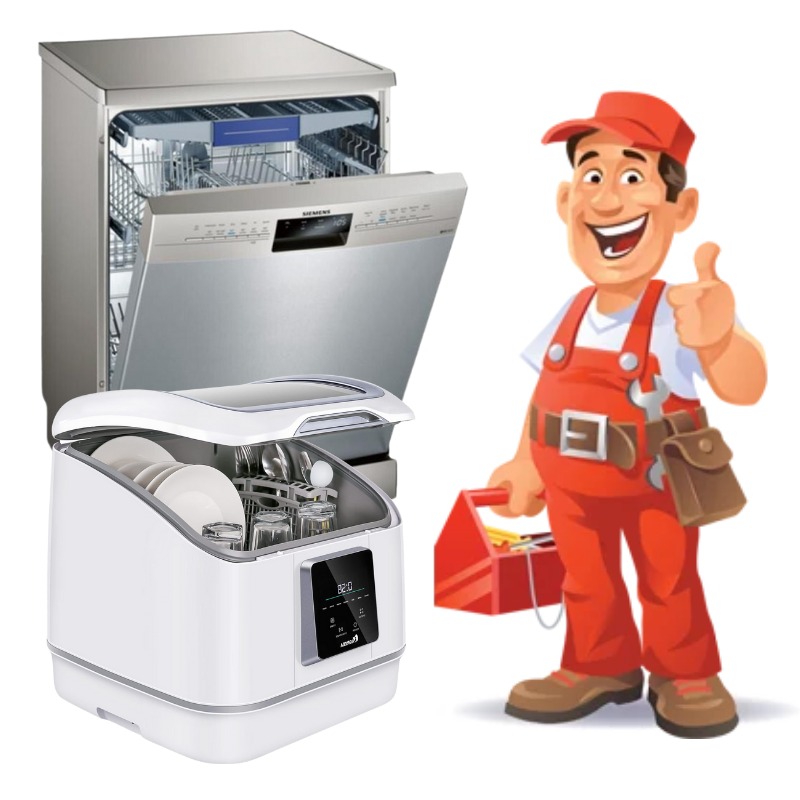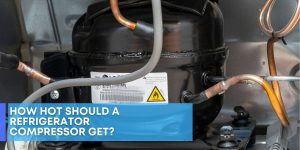Most dishwashers operate on electricity either from an outlet or batteries (depending on the model). When you activate the dishwasher by hitting a button or pressing a sensor, the machine begins washing your dishes. It will usually start with the top rack, which contains the heaviest items. As the machine cycles through each cycle (hot water wash, rinse cycle), it moves down to the lower racks to finish cleaning those dishes.
What Are The Common Problems With Dishwashers?
There are many common problems with dishwashers, which can range from leaks and malfunctions to broken parts.
Here are some of the most common issues:
Leaks: One of the most common problems with dishwashers is leaks. If there is a leak in the dishwasher’s plumbing system, water will seep through the machine and ruin dishes. Leaks can be fixed by replacing eroded or corroded parts or by repairing the entire plumbing system.
Malfunctions: Dishwashers can also malfunction due to electrical issues or simply worn-out parts. When a dishwasher starts to refuse to operate, it’s important to take it into service as soon as possible for a proper diagnosis. If a dishwasher is not draining properly, wet dishes may accumulate over time, causing mold and mildew growth. In both cases, repairing the dishwasher will resolve the issue.
Broken Parts: Another common problem with dishwashers is broken parts. If a part falls off or cracks, water can get trapped inside and cause damage to dishes and appliances. It’s important to keep an eye on your dishwasher for signs of damage, such as leaking water or loud noises coming from behind the machine. If you notice any damage, it’s best to have it serviced as soon as possible so that any issues can be resolved quickly.
When your dishwasher is not cleaning dishes as it should, there are a few things you can do to fix the issue. First, make sure that the water pressure is up to par. Second, check to see if any dishwashing soap is clogging up the dishwasher’s filters. Finally, if all else fails, you may need to call in a professional technician.
Here are a few tips on how to fix a dishwasher:
Check water pressure: If your water pressure isn’t strong enough, dishes may not be properly cleaned. Make sure that your water valve is properly installed and working properly.
Clear dish-washing soap from filters: If soap is clogging up the dishwasher’s filters, it will prevent the machine from effectively cleaning dishes. To clear the filters, open the door of the dishwasher and use a stiff brush to dislodge any built-up soap residue. Be careful not to damage the filter!
Call in a professional: If none of these remedies work, it may be time to call in a professional technician. A qualified technician will be able to determine if there is an underlying problem with the dishwasher itself or if it needs replacement altogether.





















